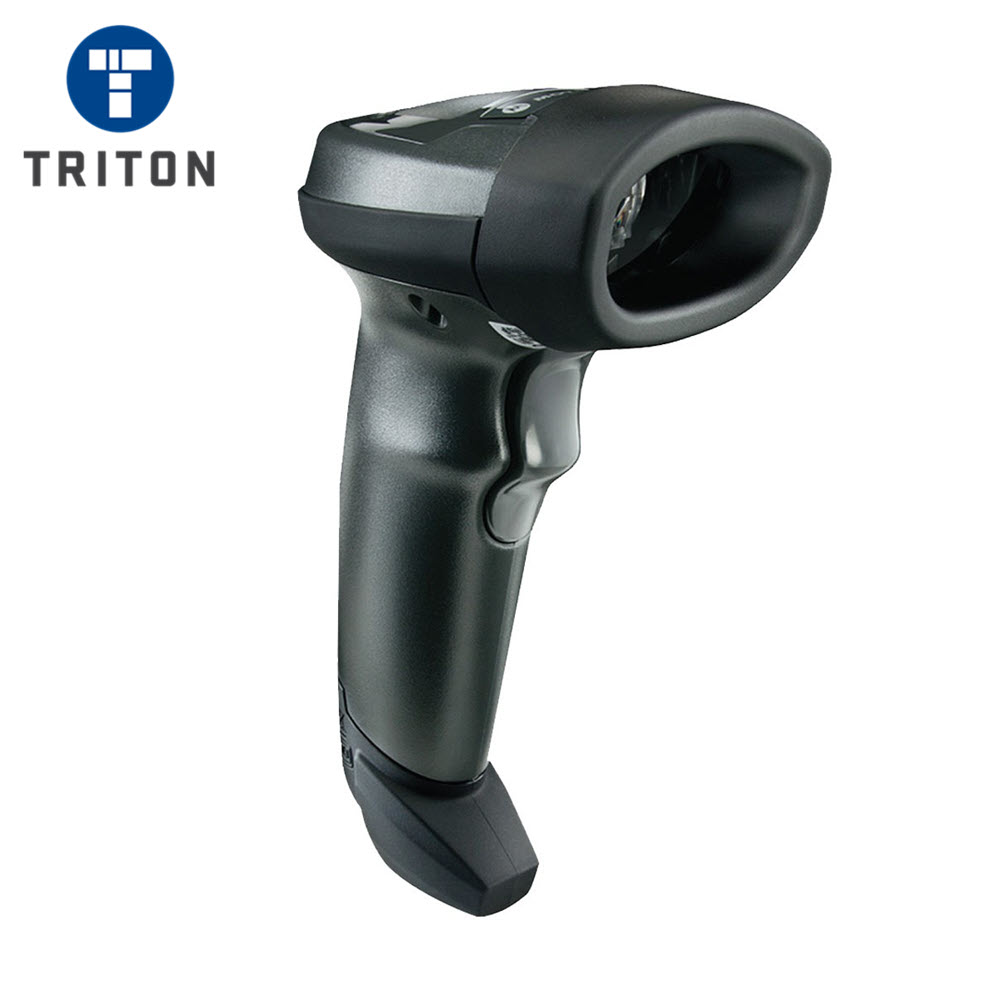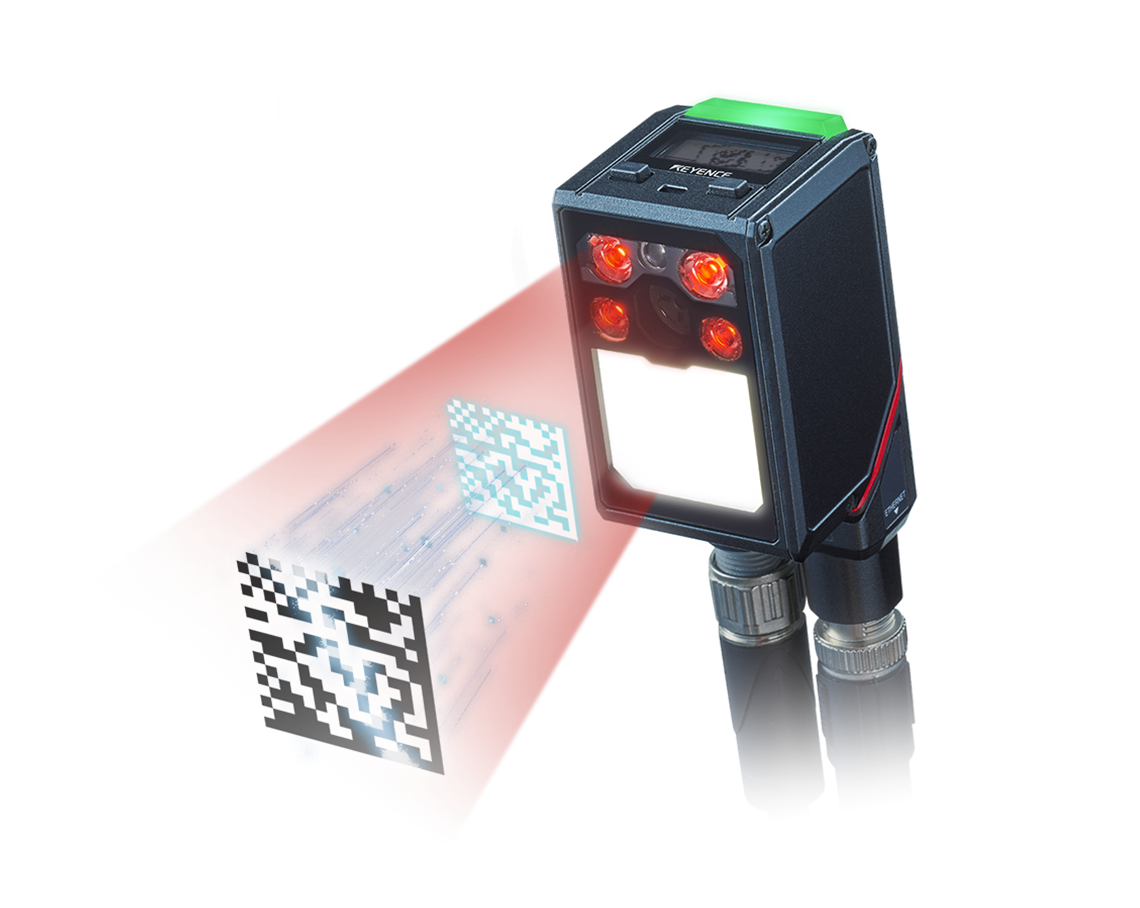Efficient Barcodes Scanners for Smooth Inventory Management
Efficient Barcodes Scanners for Smooth Inventory Management
Blog Article
Choosing the Right Barcode Scanner for Your Service Requirements
Choosing the proper barcode scanner for your organization calls for a nuanced understanding of your details functional requirements and ecological problems. Aspects such as scanner kind, speed, and compatibility with existing systems play a pivotal function in establishing the best option.
Recognizing Barcode Scanner Kind
When it comes to selecting a barcode scanner, understanding the numerous types available is essential for conference details service demands. Barcode scanners can be categorized right into a number of types, each designed for various applications and atmospheres.
Portable scanners are the most common, supplying transportability and simplicity of use, making them suitable for retail and inventory monitoring. They normally link via USB or Bluetooth, supplying versatility in procedure. Fixed-mount scanners, on the other hand, are made for high-volume scanning applications, commonly discovered in production line or checkout counters. These scanners are placed in a fixed placement, enabling rapid scanning of several items in sequence.
One more kind is the mobile computer, which integrates scanning capacities with computing power. These tools are optimal for field procedures or warehouse administration, enabling data collection and real-time inventory tracking. Furthermore, there are industrial scanners that are constructed to hold up against harsh settings, such as extreme temperature levels or exposure to dirt and moisture.

Trick Features to Take Into Consideration
What essential functions should businesses focus on when picking a barcode scanner? Most importantly, scanning rate is essential, as faster scanners enhance functional performance, particularly in high-volume environments. The scanner's ability to review numerous barcode formats is also important; guarantee it supports prominent types like QR codes, UPC, and Code 128 to fit varied stock things.
Sturdiness is another key attribute, specifically for organizations in tough settings. Look for models that are constructed to hold up against decreases, dust, and moisture. In addition, think about the connectivity alternatives readily available; whether you favor USB, Bluetooth, or Wi-Fi, the ideal connectivity can boost combination with existing systems.

Assessing Your Service Environment
To properly select a barcode scanner, businesses need to analyze their particular functional environment. This evaluation consists of reviewing the physical format of the work area, the nature of the products being scanned, and the regular conditions under which scanning takes place. As an example, a retail atmosphere might require portable scanners that can rapidly process deals at the check out, while a warehouse setup might profit from ruggedized scanners designed to sustain harsher problems.
In addition, take into consideration the volume of scanning required. High-throughput environments may require innovative scanning technologies, such as fixed-position scanners or smart phones that can operate efficiently in fast-paced situations. The integration abilities with existing stock monitoring systems likewise play a critical duty; make certain the picked scanner can seamlessly get in touch with software program platforms being used.
Additionally, examine the possibility for development and scalability. A scanner that fulfills present needs could not be adequate as business expands. By thoroughly evaluating these elements, companies can pick a barcode scanner that not just satisfies instant needs yet additionally sustains long-term operational effectiveness and flexibility. This calculated strategy eventually adds to smoother processes and boosted efficiency.
Budgeting for Your Scanner
Having actually assessed the functional setting and identified the specific needs for a barcode scanner, the next step entails cautious budgeting to guarantee a clever financial investment. Developing a budget begins with determining the total costs connected with the scanner, including initial purchase price, operational expenses, and possible maintenance charges.
When selecting a barcode scanner, take into consideration the series of available options, from handheld devices to fixed-position scanners, as prices can vary substantially. It is necessary to balance cost with functionality; going with a more inexpensive design may lead to increased functional inadequacies if it does not fulfill your company requirements.
Along with the hardware, consider prices connected to software program, training, and prospective upgrades. While it may be tempting to reduce in advance expenditure, purchasing a high quality scanner that aligns with your operational needs can generate lasting financial savings other with improved performance and minimized downtime.
Last but not least, take into consideration the complete cost of possession, which incorporates the scanner's lifespan and possible resale worth. By thoroughly preparing your budget plan, you can ensure that your financial investment in a barcode scanner will certainly boost your operational productivity and monetary efficiency.
Integration With Existing Solution
Integrating a barcode scanner with your existing systems is critical for maximizing its performance and ensuring seamless operations. barcodes scanners. A well-integrated scanner enhances operations efficiency, lowers mistakes, and speeds up data processing. When choosing a barcode scanner, consider compatibility with your existing software application and hardware framework, including your stock management systems, point-of-sale (POS) systems, and enterprise resource planning (ERP) remedies
Assess whether the scanner makes use of conventional procedures such as USB, Bluetooth, or Wi-Fi, which can promote simple assimilation. Furthermore, analyze whether the scanner's software application supplies APIs or SDKs that permit personalization and assimilation with proprietary systems. This is specifically important for services with unique operational demands.
Furthermore, take into consideration the scalability of the scanning option. As your organization expands, your systems must be able to suit added scanners and take care of enhanced data volumes without considerable reconfiguration. Eventually, purchasing a barcode scanner that seamlessly integrates with your existing systems will produce long-term benefits, enhancing accuracy, performance, and overall efficiency within your operations. Take the time to thoroughly examine your combination needs before buying decision.

Final Thought
Finally, picking a suitable barcode scanner demands an extensive examination of various elements, including scanner kinds, crucial attributes, and the details business environment. Proper budgeting for both acquisition and functional costs is critical, useful content together with ensuring compatibility with existing systems. By diligently thinking about these components, services can enhance check this performance and performance, eventually causing boosted operational results. The right barcode scanner works as a vital tool in improving processes and facilitating efficient stock administration.
Report this page